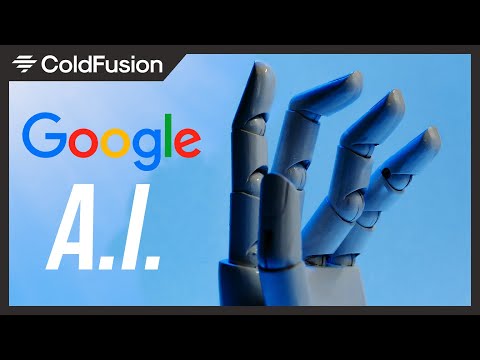If - for example - you read the NDE (near-death experiences) survivors’ accounts of their bright mental awareness whilst away with the fairies, a sharp question comes into focus: what is it that’s having these conscious experiences? Could it be, as I suspect, your soul…? A never-fully-detached outgrowth, a bud, a pseudopod, of Big Mind?
When you get a direct, current-time awareness of these non-ordinary situations (aka OOBEs - out-of-body-experiences - or simply ‘shamanic journeying’), there is a sense of an awareness, “more vivid even than normal waking consciousness”, as it’s often described; also, there’s the utter conviction of a reality as real as anything ever seems, a conviction which these special perceptions generate. They are literally life-transforming in that respect, particularly of our attitude to death.
Yet it’s often remarked that these vivid personal experiences are happening to a person’s consciousness (soul?) at a time when all the technological monitors of bodily functions that are found in modern ICUs are indicating that the journeyer’s body is technically dead: no heart action, no palpable electrical brain or CNS activity, no breathing, etc.
It’s things like this - and there are others too - which push me to the hunch that all thought is actually a non-physical thing, which only interacts with the physical world (a virtual thing in any case, it begins to seem now; but that’s another story…) through mediation devices… devices which are items in this (virtual?) physical world, such as brains and central nervous systems (in which category I’m inclined to include these days the mycelial networks which fill the soils of forests and other wilderness ecologies).
As readers here may have collected already,  I’m a great enthusiast for physicist/mathematician/mystic Tom Campbell’s ‘Big Theory Of Everything’, as a way of breaking certain persistent, intractable problems in modern physics theory - particularly quantum mechanics - but also as a timely re-vivification of the very old philosophical argument between idealism and materialism.
I’m a great enthusiast for physicist/mathematician/mystic Tom Campbell’s ‘Big Theory Of Everything’, as a way of breaking certain persistent, intractable problems in modern physics theory - particularly quantum mechanics - but also as a timely re-vivification of the very old philosophical argument between idealism and materialism.
It’s this revival of philosophical idealism as a way of making sense of the observed reality in which we live which obliges us to move towards thinking of consciousness as something not dependent on, or even very concerned with, physical structures (which are probably secondary, virtual constructs of mental activity anyway…  ).
).
Coming from this perspective, it’s easy to see that a preoccupation with physical devices like robot brains isn’t going to lead any time soon to recognisable AI.
And yet, interestingly enough, Tom Campbell is on record with the idea that a sufficiently-intricate structure, such as a modern computer, could indeed serve as the avatar for an immortal soul, coming to play with the other incarnating souls’ avatars on this holodeck: the ‘physical universe’.
Thus, such a machine may well turn out to be alive and conscious in a way indistinguishable from the way we-all are experiencing conscious physical life right now, as animal creations of a long line of evolution, carried on precisely in this holodeck virtual reality, for Big Mind’s reasons of its own.
And what is Big Mind? The - axiomatic - source of all consciousness, including our individual ones? Note that that IS one of the just two axioms of TC’s Big TOE. These are: 1) Consciousness exists; and 2) Evolution happens. The whole theory is built just on those two unexamined assumptions!
And - as we know - delving even further into the basic nature of things, by actually trying to elucidate why the unexamined axioms of a theory are as they are is - well - a tricky philosophical/scientific endeavour. “I see, Ranjit. And - er - what are the elephants standing on…? Ah - a giant tortoise. And he’s standing on…?”
Doable, probably, in principle. But only practicable when we’ve got certain preliminary ideas sorted out; such as where the real balance lies between idealism and materialism, for instance…

